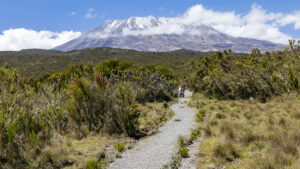
How to Acclimatize on Kilimanjaro & Avoid Altitude Sickness
Table of Contents How to Properly Acclimatize on Mount Kilimanjaro: Tips and Things to Know | Kili Quests Climbing Mount Kilimanjaro is an incredible
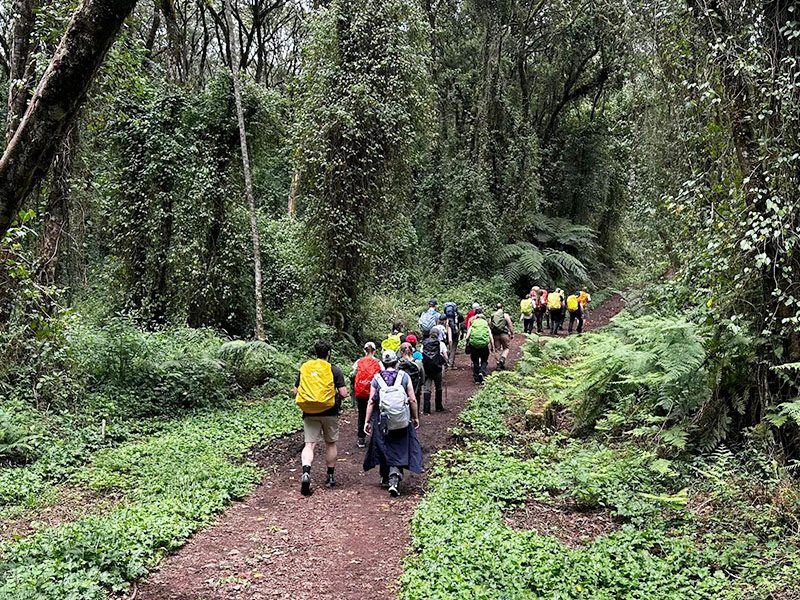
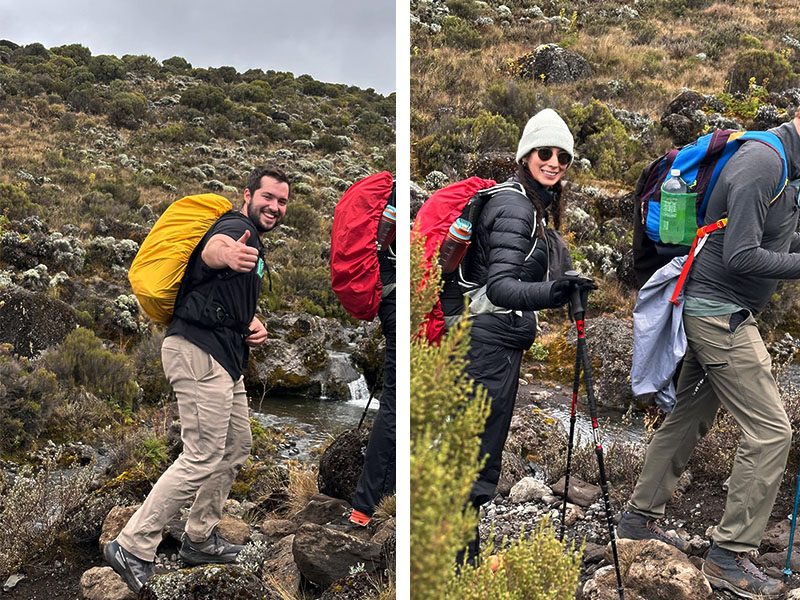
Summit day is longer — up to 12–15 hours round-trip — starting before midnight.
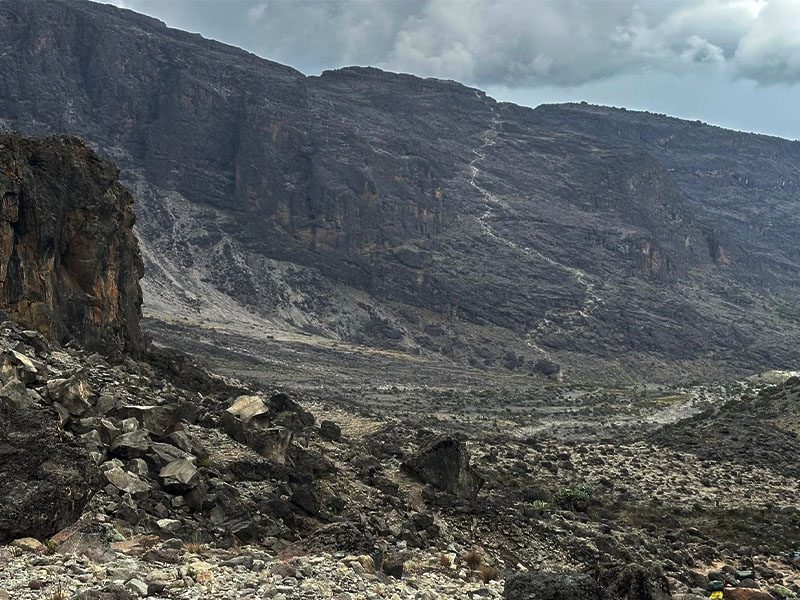
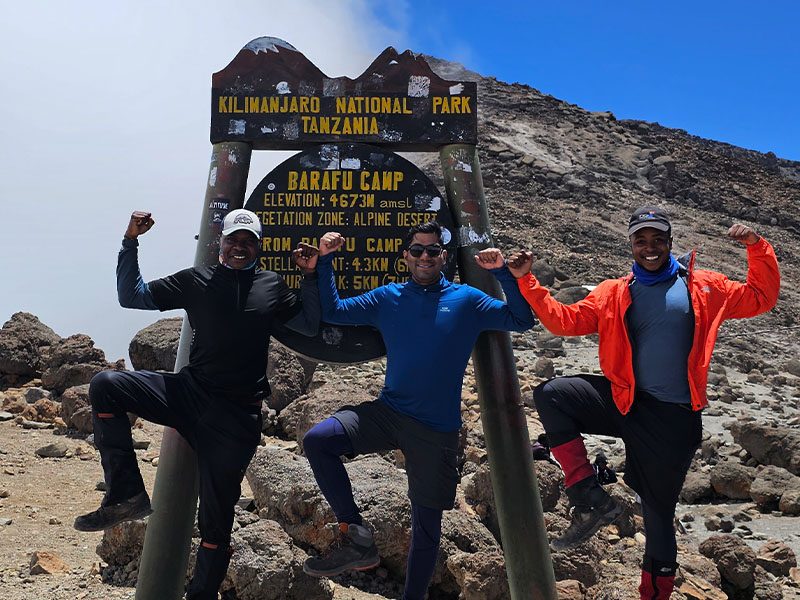

Table of Contents How to Properly Acclimatize on Mount Kilimanjaro: Tips and Things to Know | Kili Quests Climbing Mount Kilimanjaro is an incredible
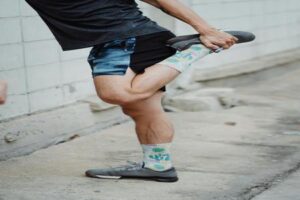
Table of Contents Post-Hike Muscle Care: Stretching Tips for Kilimanjaro Trekkers | Kili Quests Climbing Mount Kilimanjaro is an incredible achievement — but the
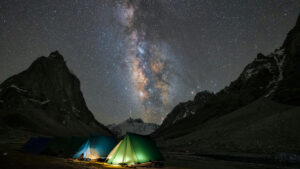
Table of Contents Mount Kilimanjaro Night Temperature: What to Expect During Your Trek and Summit Day | Kili Quests Climbing Mount Kilimanjaro is a